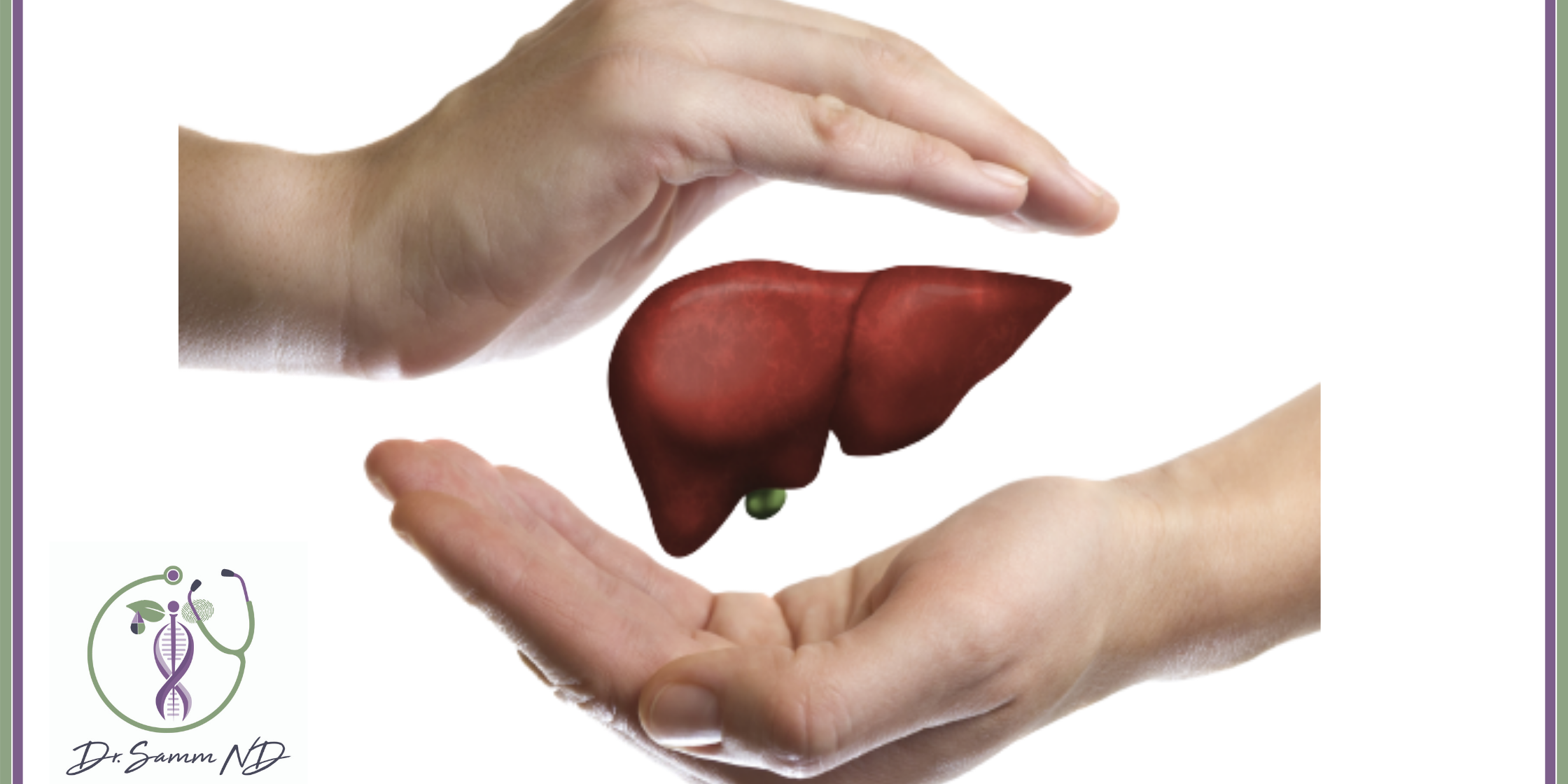A lot of people are focusing a little bit more on personal health these days. And for the most part this involves getting into good habits, screening for common conditions, and generally keeping an eye out for any meaningful warning signs. Alongside these efforts though, it is also worthwhile to make efforts to prevent specific, common causes of disease.
With that in mind, we want to focus in this piece on liver health. Unfortunately, liver disease remains quite common, and affects both younger and older adults regularly. But there are several specific steps you can take to keep your liver health in check and avoid these potentially devastating problems.
- Avoid Excess Alcohol Consumption
We’ll first address the concern that concerns most people when they consider liver health: alcohol poisoning. Unfortunately, this is still an extremely common issue, particularly among young people who are often prone to heavy bouts of binge drinking. In fact, academic studies assessing liver disease prevalence appear to indicate that this problem is getting worse.
The only good news is that the solution here is fairly clear: excessive binge drinking, or moderate drinking on an excessively regular basis, can directly cause severe and often irreversible liver damage. This does not mean that you have to swear off alcoholic beverages completely in order to preserve your liver. But binge drinking should be viewed as a dangerous activity, and if you’re having more than one drink per day, you should consult with guidelines (and perhaps a physician) regarding whether or not you need to cut back. - Avoid Harmful Drug Abuse
Alcohol consumption is so closely tied to health issues with the liver that it’s almost easy to forget that drug abuse can have a similarly damaging effect. In particular, drugs like heroin, cocaine, and certain pain-relief and performance-enhancement drugs can be hard on the liver. Though a good general rule is that if it’s not legal, you shouldn’t abuse it for the good of your health in general. - Study Health & Exercise
Studying up on health and exercise would once have meant reading a few books or an online article on relevant subjects. Today though, there are official courses you can access through online universities, offering professional perspectives on a whole range of subjects — including health and fitness. This is a broad category, but exploring an online exercise science degree will actually expose you to a number of lessons and subjects that can help to prevent liver damage and other serious conditions. You’ll learn how to exercise properly and build good habits, how to handle nutrition to maintain a balanced, sustainable, and healthy diet, and more.
Even if you don’t complete a degree, these lessons from professional online instructors can do as much to help you stave off liver damage as anything. Keeping weight in check and exercising on a regular basis can help you to avoid non-alcoholic fatty liver disease. Nutrition can contribute to this effort as well, and regular, healthy hydration will benefit all organs. Studying health and exercise will teach you how to balance all of this for optimal results, giving you an excellent chance of avoiding the common liver conditions that don’t come from drug and alcohol abuse. - Make the Most of Beneficial Foods
Beyond maintaining a healthy diet in general, you would also do well to focus on maximizing your consumption of some foods that are particularly beneficial. For example, our argument for chicken soup as medicine especially pointed out that celery is a natural diuretic that can “flush” your liver of harmful toxins. That doesn’t mean it can reverse all damage, but it can have a healing effect.
Berries, beets, coffee, and tea are a few other foods and drinks you can prioritize to promote liver health. - Take Care with Potentially Risky Medications
We want to be careful with this final tip because there are a lot of common, safe medications that you can absolutely take safely, but which can negatively impact when taken in excess or alongside other warning conditions. Some of the drugs that can cause liver damage include certain antibiotics (over the counter antibiotics), acetaminophen, Vitamin A, some epilepsy drugs, and a handful more. And again, these are safe drugs with specific, healthy purposes. But taking them irresponsibly — either in excess, without a prescription, or on top of a warning sign that should preclude their use — can result in significant liver damage. So we merely stress that you should be aware of side effects with medications and take proper precautions.
Follow these precautions and you should be able to avoid most risks to the health of your liver. It’s an organ that is unfortunately subject to very common damages and conditions. But most of them are preventable through a diligent, healthy approach.
Article specially written for drsammnd.com by Page Bax




